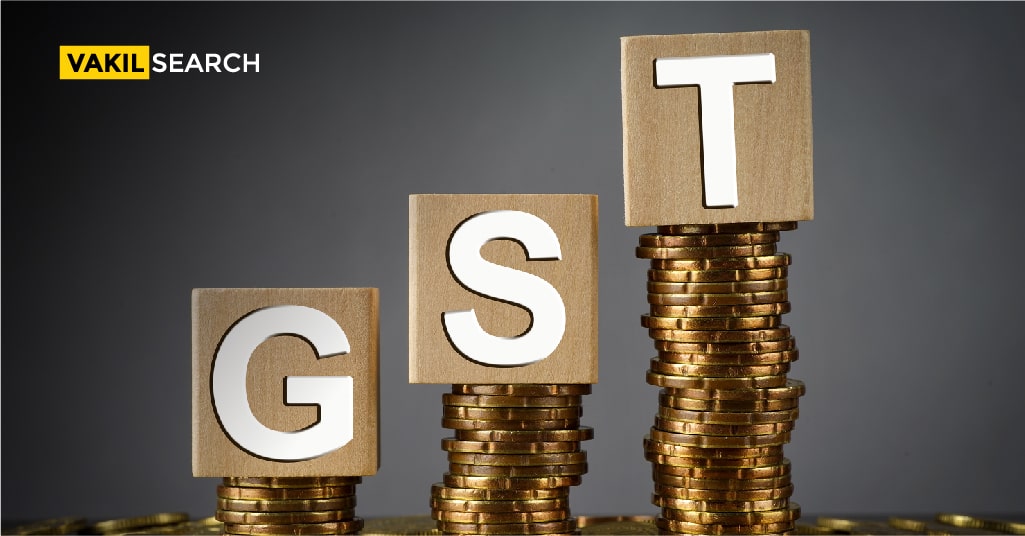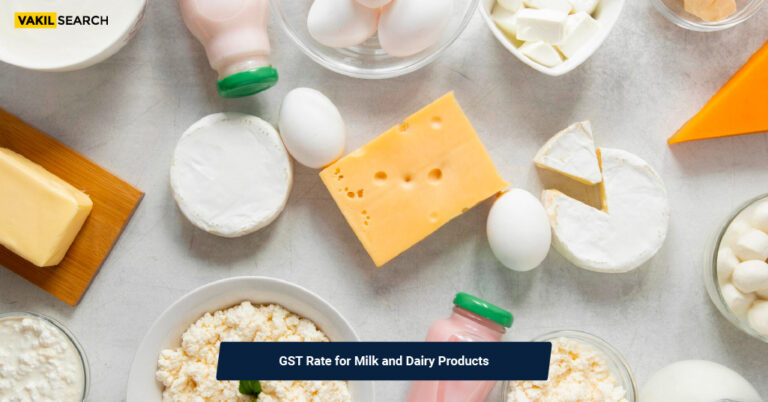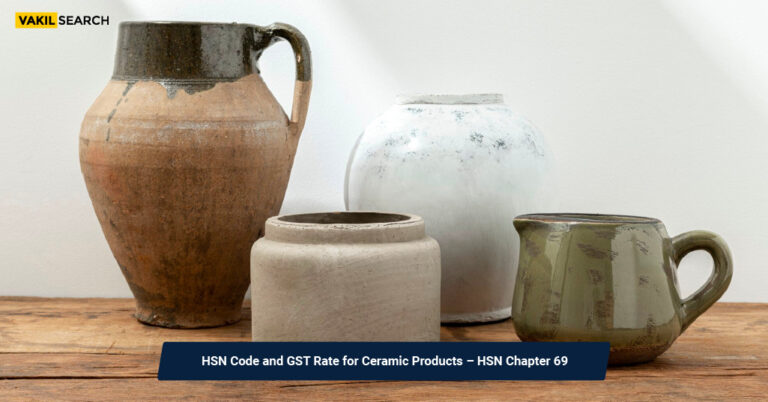HSN code, which stands for Harmonised System of Nomenclature code, is a brief summary. For both B2B and B2C operations, tax invoices on the supplies of products and services are necessary. In 1988, the World Customs Organisation introduced this (WCO).
|
Coffee has the HSN code 0901 and a 5 percent GST. The Tea GST rate for Tea Powder is 5%, and the Tea HSN Code/HSN Code is 0902. |
This was put in place to enable the organised classification of both indigenous and imported goods. This 6-digit code is used to categorise various products. Since 1986, India has used HSN numbers to categorise items for Customs and Central Excise.
The Customs, Central Excise, and Foreign Trade Policies all use this classification. GST is made standardised and well-known through the usage of HSN codes. In chapter 34, it is said that tea, coffee, and spices have HSN codes and GST rates.
How to Use HSN Code?
The HSN code has been divided into 99 chapters and 21 Sections, followed by headings and subheadings. HSN codes are automatically filled in by the system throughout the GST filing process using the dealer’s registration information, making the process quick and easy. The GST rate and HSN code for tea, coffee, and spices are described in detail in this article.
Distinct goods have different HSN codes. The HSN code’s applicability is advantageous to taxpayers since it eliminates the need for them to upload all of the product’s details each time a filing is made; instead, they only need to choose the particular code when registering.
The tax rate can be established more readily with this method, giving taxpayers greater clarity and simplifying the GST return filing procedure.
Who in the Country Must Use the HSN Code
A HSN code is required by dealers and traders. To use the code in compliance with the regulations and notifications, the following conditions must be satisfied:
- If annual income is less than Rs. 1.5 crores, HSN codes are not required.
- For trades with a revenue of between Rs. 1.5 crore and Rs. 5 crore, a 2-digit HSN code is required.
- If income exceeds Rs. 5 crores, HSN codes with four digits are necessary.
- 8-digit HSN numbers are necessary for import and export business.
Who Requires It?
HSN codes have been utilised by manufacturers, importers, and exporters for a very long period. These codes were offered by producers even before the GST was implemented. Both importers and exporters have included these codes in their import and export documentation.
The majority of the time, traders will use the HSN codes included in the invoices that manufacturers or importer suppliers send to them. Dealers that do business with less than Rs 1.5 crore in annual sales are exempt from using HSN codes for their products.
Definition of the Goods and Services Tax
A Goods and Services (GST) tax, sometimes known as a ‘value-added tax,’ is imposed on a number of domestically supplied goods and services. Its degree of imposition is normally decided at the highest levels of government.
The cost of the item itself will include the Goods and Services Tax, which customers must pay at the moment of sale. Similar to a different kind of sales tax. The vendor then sends the tax to the regulating authority when it has been collected.
In order to determine how much GST you owe before registering, you can use our GST Percentage Calculator.
List of GST State Codes
When a taxpayer registers for GST, they are given a 15-digit alphanumeric unique identification number known as the Goods and Services Tax Identification Number (GSTIN). The GSTIN’s first two numbers denote the state code. Taxpayers utilise the GST state code list while registering for GST and entering invoice data into GST returns.
| HSN Code | Description | GST Rate | IGST | CGST | SGST | CESS |
| 901 | Coffee, whether or not it has been roasted or decaffeinated; coffee husks and skins; and coffee replacements that contain coffee in any amount other than unroasted coffee beans. | 5 | 5 | 2.5 | 2.5 | 0 |
| 902 | Tea, whether or not flavored other than unprocessed green leaves of tea. | 5 | 5 | 2.5 | 2.5 | 0 |
| 903 | Maté | 5 | 5 | 2.5 | 2.5 | 0 |
| 904 | Piper genus pepper; dried, crushed, or ground fruits from the Capsicum or Pimenta genus | 5 | 5 | 2.5 | 2.5 | 0 |
| 905 | Vanilla | 5 | 5 | 2.5 | 2.5 | 0 |
| 906 | Cinnamon and cinnamon-tree flowers | 5 | 5 | 2.5 | 2.5 | 0 |
| 907 | Cloves (whole fruit, cloves and stems) | 5 | 5 | 2.5 | 2.5 | 0 |
| 908 | Nutmeg, mace and cardamoms | 5 | 5 | 2.5 | 2.5 | 0 |
| 909 | seeds from juniper berries that are not of seed quality, such as those from anise, badian, fennel, coriander, cumin, or caraway. | 5 | 5 | 2.5 | 2.5 | 0 |
| 0910 [other than 0910 11 10, 0910 30 10] | Saffron, turmeric (curcuma) other than fresh turmeric, ginger other than fresh ginger, thyme, bay leaves, curry, and other spices | 5 | 5 | 2.5 | 2.5 | 0 |
| 07, 09 or 10 | All goods of seed quality | 0 | 0 | 0 | 0 | 0 |
| 901 | Coffee beans, not roasted | 0 | 0 | 0 | 0 | 0 |
| 902 | Unprocessed green leaves of tea | 0 | 0 | 0 | 0 | 0 |
| 909 | Caraway, fennel, coriander, cumin, badian, anise, and juniper berries [of seed quality] | 0 | 0 | 0 | 0 | 0 |
| 0910 11 10 | Rather than being processed, fresh ginger | 0 | 0 | 0 | 0 | 0 |
| 0910 30 10 | Other than in processed form, fresh turmeric | 0 | 0 | 0 | 0 | 0 |
| 12 | Everything is of seed quality. | 0 | 0 | 0 | 0 | 0 |
Vakilsearch connects you with experts and works with them to meet all of your tax needs – GST,HSN,CGST, and so on. Please contact us right away!
Also, Read:










